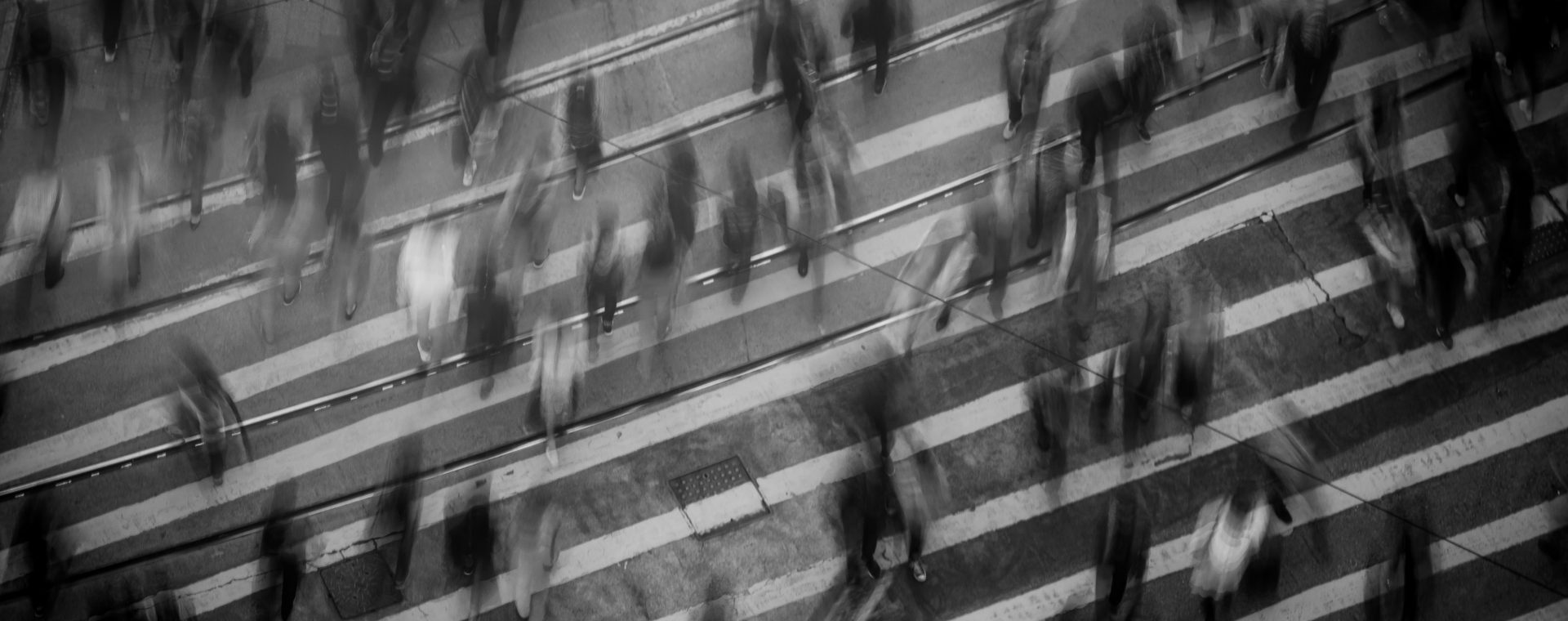
Note: This article was originally published on Asia Society (link)
Police brutality in black communities is nothing new. As a young black man growing up in 1970’s Los Angeles, I felt the mix of panic and outrage when those blue lights went on. I knew I had done nothing wrong – but I also knew that wasn’t enough to keep me safe.
Now, through the ubiquity of iPhones and YouTube, the world is witness to the literally heart-stopping terror experienced by George Floyd. In the supreme act of white supremacy, we saw police officer Derek Chauvin stop the breath and the life of this man, joined in his last seconds of consciousness across centuries with those black boys and men hung from cottonwood trees in full public display. My heart breaks for his family and for the families of Breonna Taylor, Ahmaud Arbery, and the countless other black people assaulted by police. I share the heartfelt and righteous outrage expressed by so many over the past few days. I am especially grateful to the leaders of Black Lives Matter for making the wider world aware of what our world has been for so very long.
George Floyd and all those victimized before him died in vain if we do not do more than emote, declare, and despair. At the Center for Global Education at Asia Society, we re-commit ourselves to transforming education to build a more just and equal society – the reason I got into education in the first place. That means continuing to spotlight how education systems and policies can serve as the foundations of structural racism. We will continue to call out, especially through international comparisons, how differences in how black children and other children marginalized by race and class are treated, resourced, and valued drive differences in academic outcomes and wellbeing. We will continue to research and report on school systems in the US and globally that have courageously taken steps to dismantle racialized systems of oppression, such as the Toronto District School Board. In partnership with other organizations, we plan to develop practical tools for education systems to self-examine how their policies and practices advance or thwart racial justice, including the inequities in distance learning exposed by the COVID-19 disruption. And we will continue to use our global platform to amplify voices of courage, insight, and innovation in speaking out and acting to eliminate racism, especially the voices of youth.
Much of our work at the Center for Global Education at Asia Society has focused on developing students’ global competence. Core to global competence is the development of mindsets in youth in which people who are different than one’s self are not reflexively considered a threat or a target for subjugation. We will redouble our efforts to provide materials for teachers to enable black students to know their history and affirm their inherent dignity, and for all students to understand and act on racism as a personal, local, and global malignancy. We will focus especially on helping Asian and other immigrant students understand the history of American white supremacy and black resistance as context for the current protests. We will create and curate resources that enable all youth to know not just that black lives matter, but that they matter as much as their own and are equally deserving of fairness and respect from police and all other government and private sector institutions.
And we have work to do at home. The President and senior leadership of Asia Society have committed to identify and eliminate anti-black racism and all forms of racialized oppression within our institution. We will hold ourselves accountable – full stop.
Perhaps most of all, we commit ourselves to listen. To engage in truthful dialogue with the brightest black minds and allies, and to sit at the foot of rage and listen to communities of color. We vow to keep it real. We recognize the good intent of gestures of support like police officers and politicians taking a knee in support of protestors and black communities. It would have been such a greater act of solidarity, and of humanity, if Derek Chauvin, or just one of his fellow officers, took his knee off George Floyd’s neck.